Russia calls on Britain, France to join wider nuclear talks with US
Russia has called on Britain and France to join wider nuclear arms control talks with the United States even as Washington wants China to be included in the negotiations.
Anatoly Antonov, Russia's ambassador to the US, said on Thursday that enlarging the framework of the arms control talks to include more nuclear powers would be inevitable and that Moscow sees Britain and France as priorities in that regard.
"This question has taken on particular relevance in light of London's recent decision to increase the maximum level of nuclear warheads by 40 percent — to 260 units," Antonov said in comments published by the Russian Foreign Ministry.
Russian Deputy Foreign Minister Sergei Ryabkov also said in separate comments reported by the Interfax news agency that Washington wanted China to be included in wider talks on nuclear arms control.
Senior US and Russian officials met in Geneva on Wednesday to restart talks to ease tensions between the world's largest nuclear weapons powers with ties at post-Cold War lows.
Both Moscow and Washington hailed the meeting as positive but Ryabkov, the head of the Russian delegation to the Geneva talks, said that the two sides had failed to reach an agreement on the ways to overcome the current crisis “that clearly emerged in the arms control sphere.”
Russia and the US agreed to hold a further plenary round of high-level talks in late September.
The Wednesday meeting was the first tangible outcome from last month’s summit between the Russian and American presidents, whose countries hold 90 percent of the world’s nuclear weapons.
Russian President Vladimir Putin and his American counterpart, Joe Biden, agreed during their summit to launch a bilateral dialogue on strategic stability to "lay the groundwork for future arms control and risk reduction measures."
Moscow and Washington have been exploring ways to move beyond the New START treaty that Biden and Putin have agreed to extend until 2026.
New START first went into effect in 2011, which limits the number of deployed strategic nuclear warheads at 1,550, deployed strategic delivery systems at 700, and provides for a verification regime.
The arms control treaty was due to expire last February as former US President Donald Trump had refused to extend it.
The Trump administration withdrew from several arms control and related agreements with the Russians during its time in office over claims that the pacts were outdated and Russia was in persistent violation of them, provoking major concerns among US allies in Europe and elsewhere.
The United States was the first country to develop nuclear weapons and is the only country to have used it against another nation. The US currently has an estimated 7,000 nuclear warheads, second only to Russia.
Following a review of foreign policy, London announced on March 16 that it planned to increase its nuclear warhead stockpile and boost alliances with Asian allies. The review urges the UK to increase its cap on warheads from 180 to 260 by the middle of the decade.
France’s 56 reactors make the country the second-largest atomic nation by capacity behind the US. French President Emmanuel Macron is a vocal supporter of nuclear power.
‘Reckless’ behavior in space
On Friday, Britain accused China and Russia of "reckless" behavior in space, causing threats on a daily basis by leaving a trail of dangerous debris orbiting Earth.
Air Chief Marshal Sir Mike Wigston, the head of the Royal Air Force, said Beijing destroyed a satellite with an anti-satellite weapon a few years ago, creating debris that is still circulating Earth today.
"Those are lumps of space junk which are traveling at thousands of kilometers an hour," he said.
"If they hit the International Space Station or one of our satellites that we depend on in our day-to-day lives that would have or could have a disastrous effect on the movement of medical equipment, our transport networks, our power networks."
Describing the threat further, Wigston said, "Right now we see countries like Russia and China testing and demonstrating anti-satellite weapons - satellites with all the characteristics of a weapon deployed in space.”
"We see them rehearsing, maneuvering, which frankly have only one purpose which is to destroy satellites, so that is a real concern to us and that's behavior that we would want the international community to call out."
US treasury official boasts of impact of sanctions on Iran’s economy, public unrest
Thousands protest Trump’s immigration policies on second term anniversary
Ex-NATO chief slams Trump’s Greenland threats, calls on EU to hit back
US ‘must be held accountable’ for supporting terrorism in Iran: Araghchi
VIDEO | Pro-Palestine protest in Madrid challenges UK repression
Canada PM: World order in ‘midst of a rupture’ from US hegemony
VIDEO | Iron walls: One year of Israel’s largest military operation in Palestine in years
Italian farmers protest EU-Mercosur free trade deal


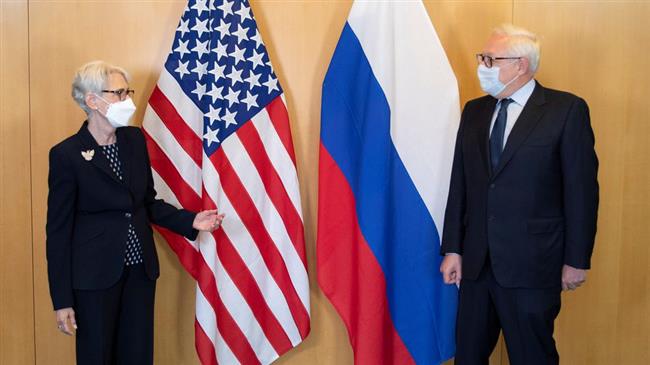
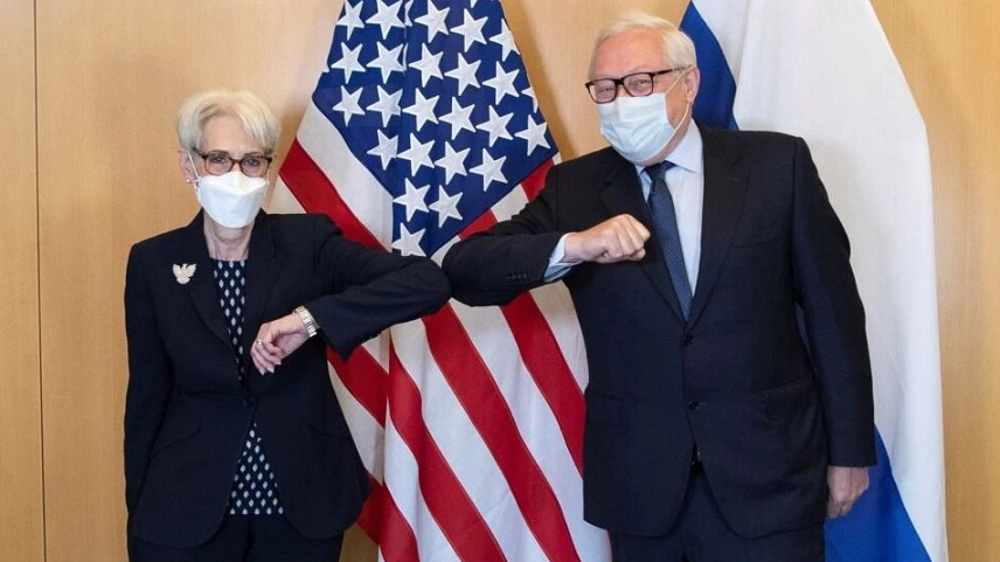
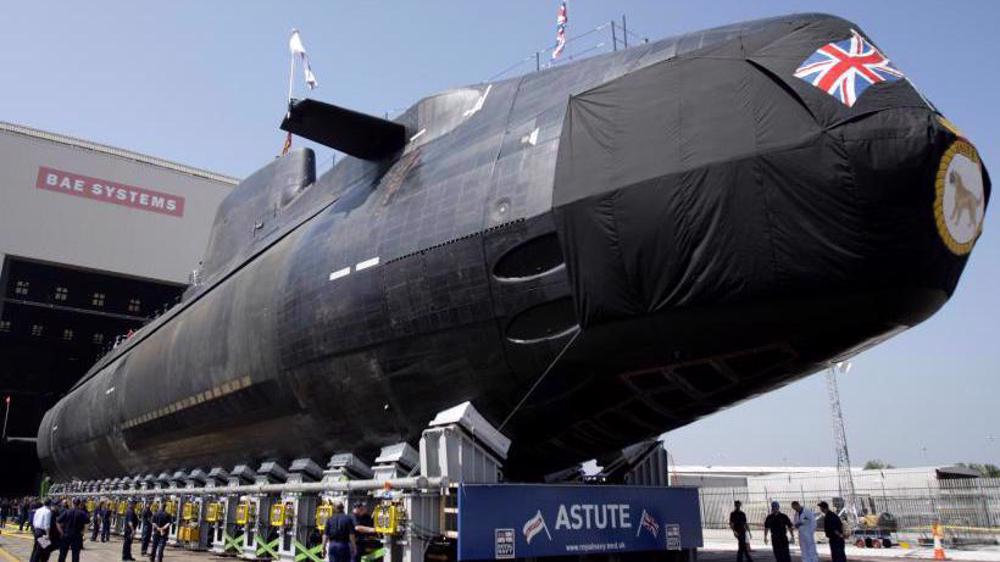
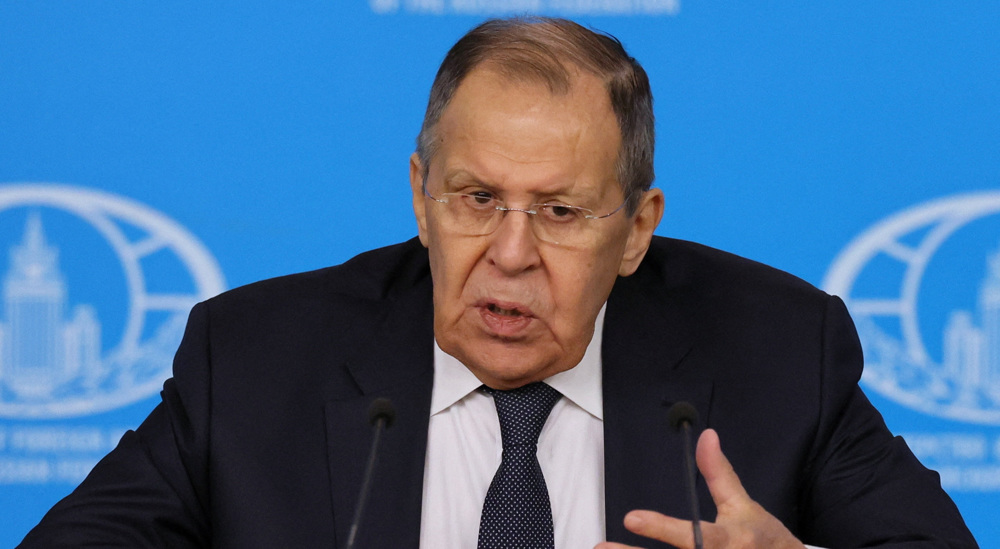
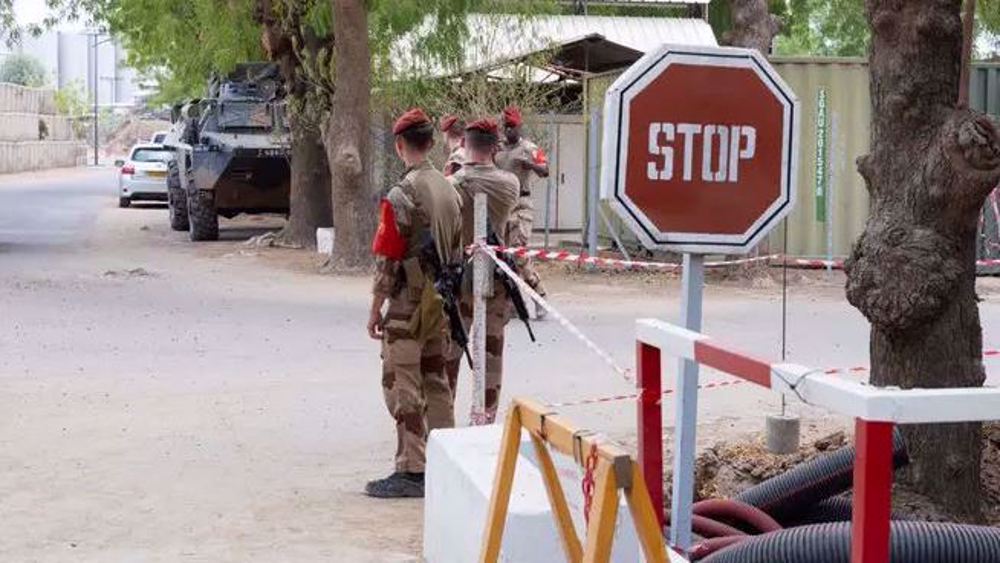
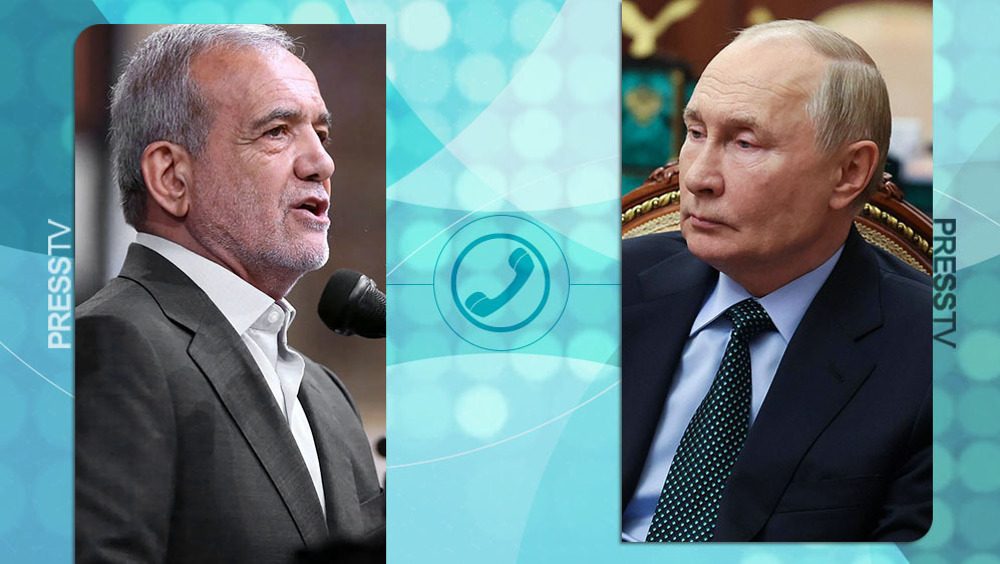




 This makes it easy to access the Press TV website
This makes it easy to access the Press TV website